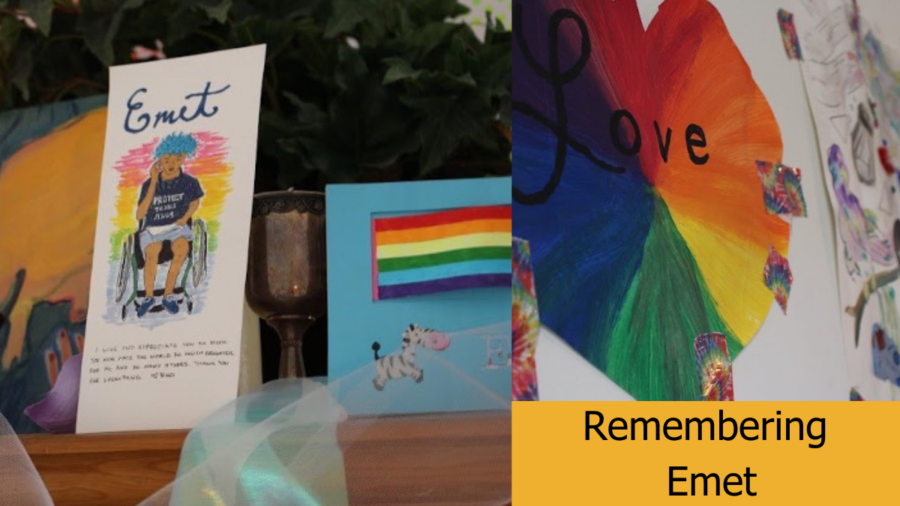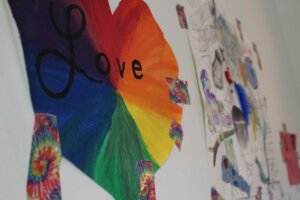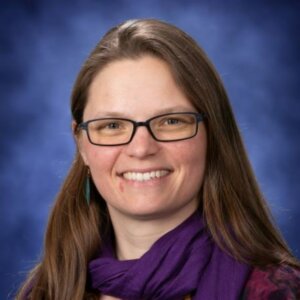
Victoria White
Have you ever been at a staff meeting to plan an event, class, service, or project, and one voice spoke clearly at just the right moment: “Have we thought about how this will affect [insert name of particular individual or group you are thinking about]?” Perhaps you have been that voice. In seeking to include students with varied abilities in Christian schools, WITH Ministries has pioneered inclusive education for forty years, and inclusive worship in congregations for ten years. There are many great ideas from the world of educational inclusion that can be used to welcome, include, and support full participation of people of all abilities in the body of Christ.
The body of Christ is not complete without each piece. At WITH Ministries, we quote 1 Corinthians 12, verse 18 (“God has arranged each one of the parts in the body just as he wanted them to be.”) and verse 27 (“You are the body of Christ, and each one of you is a part of it.”) We even use a call-to-worship from Romans 15:7 (“Accept one another, then, just as Christ accepted you, in order to bring praise to God,”) urging each one to “make Heaven a noisier place” by bringing praise to God through the acceptance of His children. All of His children, of all abilities. That means thinking about how worship and teaching practices will impact persons with varied abilities. It means thinking for neurodiverse people, people with learning disabilities, physical disabilities, mental health disabilities, and sensory disabilities. [continue reading…]


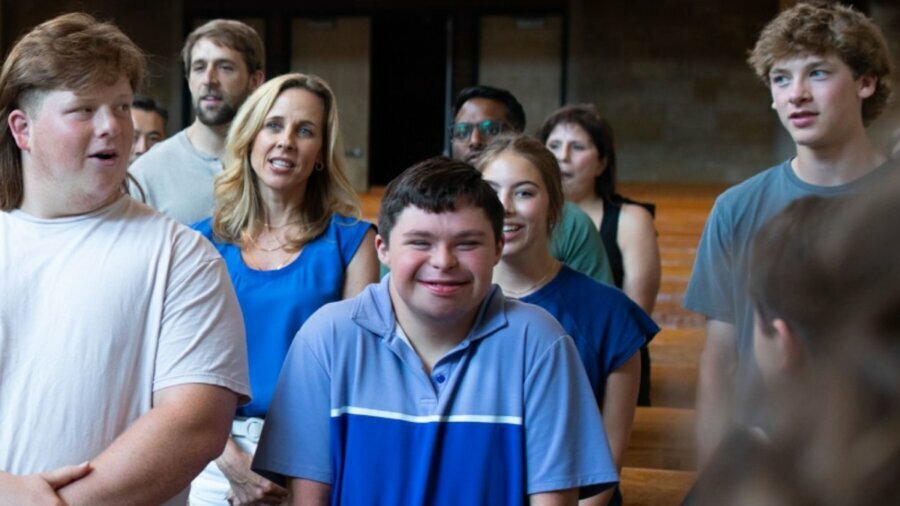
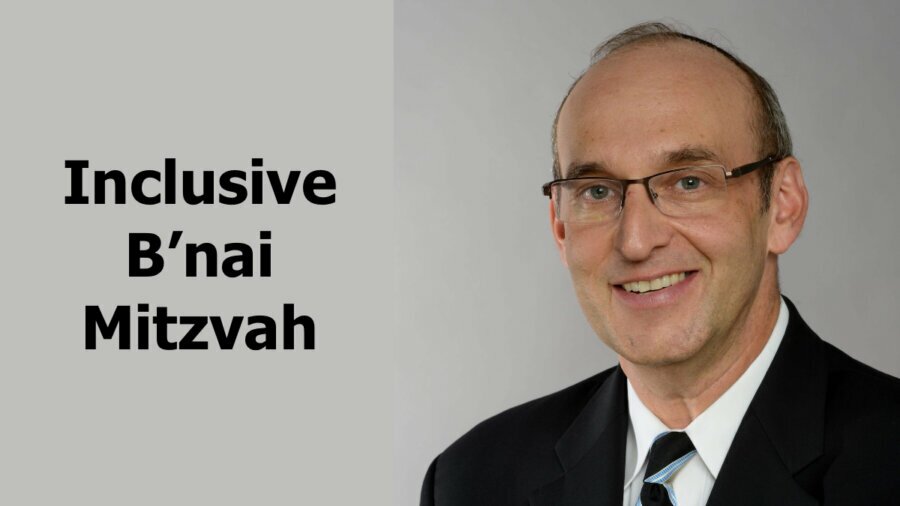
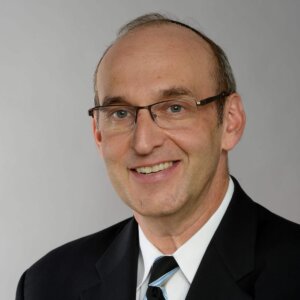
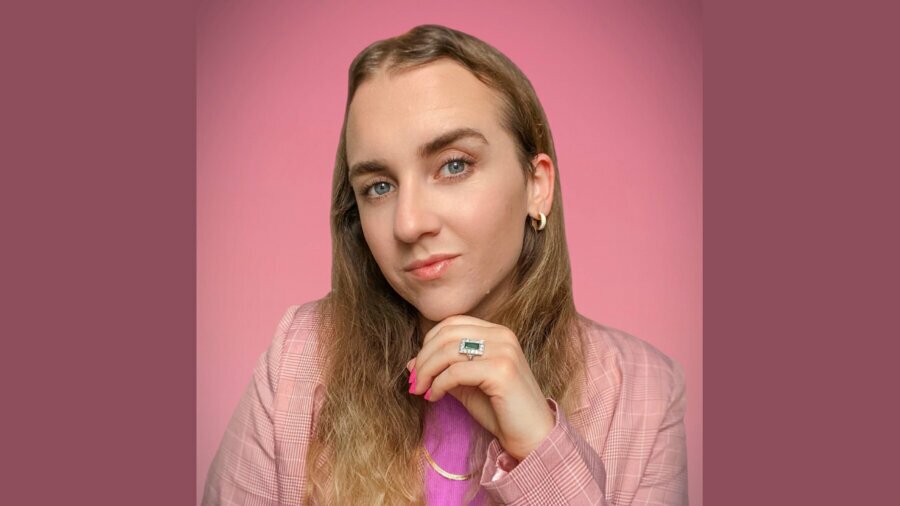

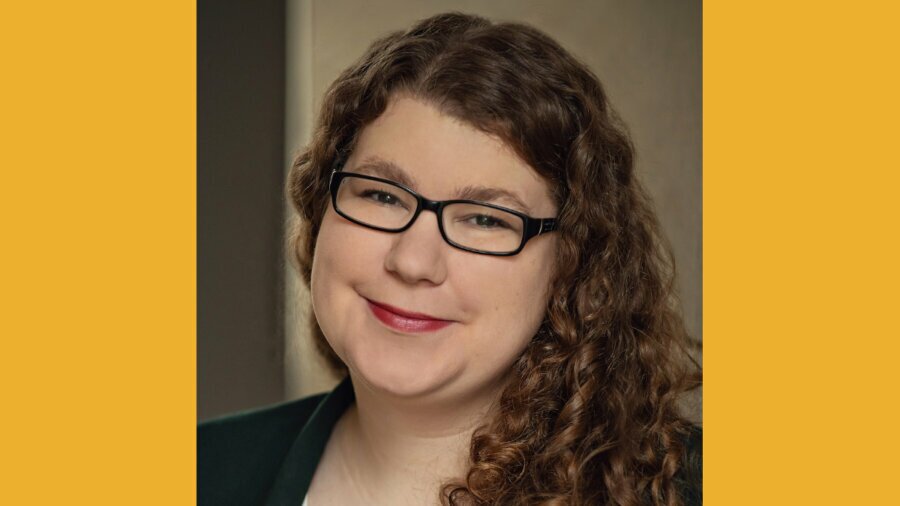
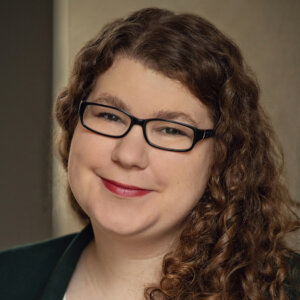
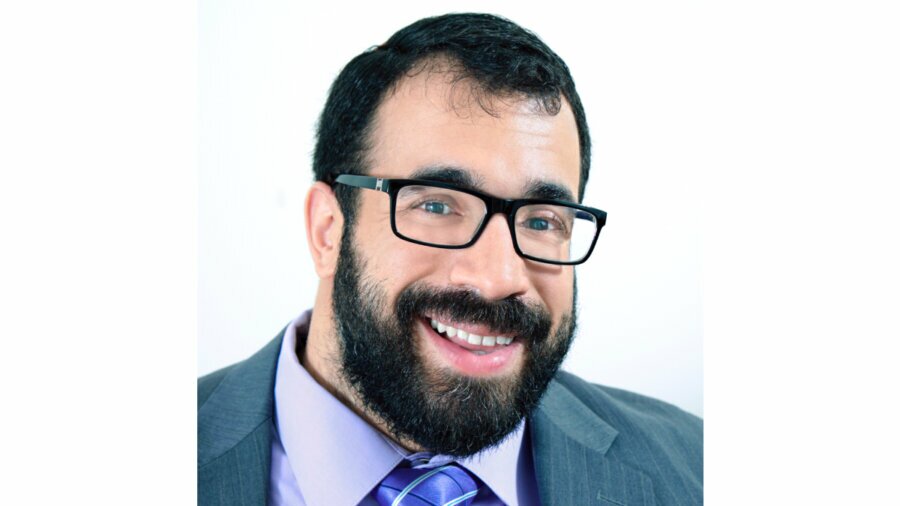
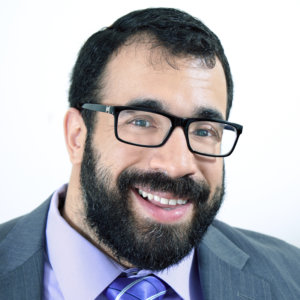
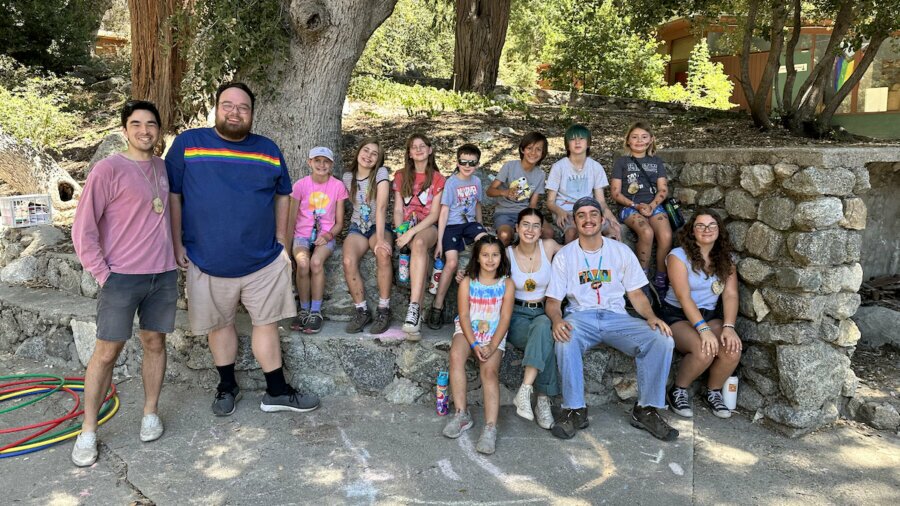
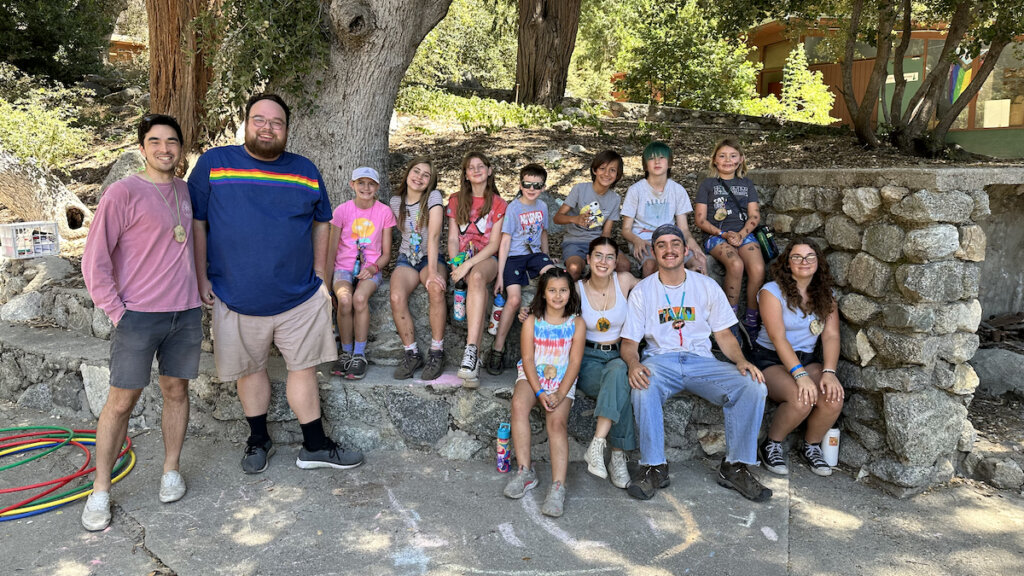 During our summer recess at RespectAbility, I was given the opportunity to serve as the Pastor of Pilgrim Pines Summer Camp in Southern California. I have written about Pilgrim Pines in a
During our summer recess at RespectAbility, I was given the opportunity to serve as the Pastor of Pilgrim Pines Summer Camp in Southern California. I have written about Pilgrim Pines in a 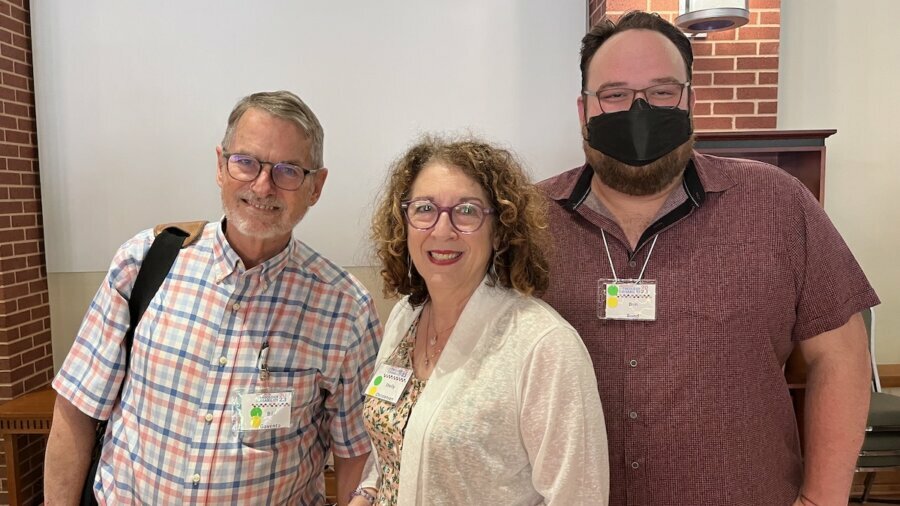
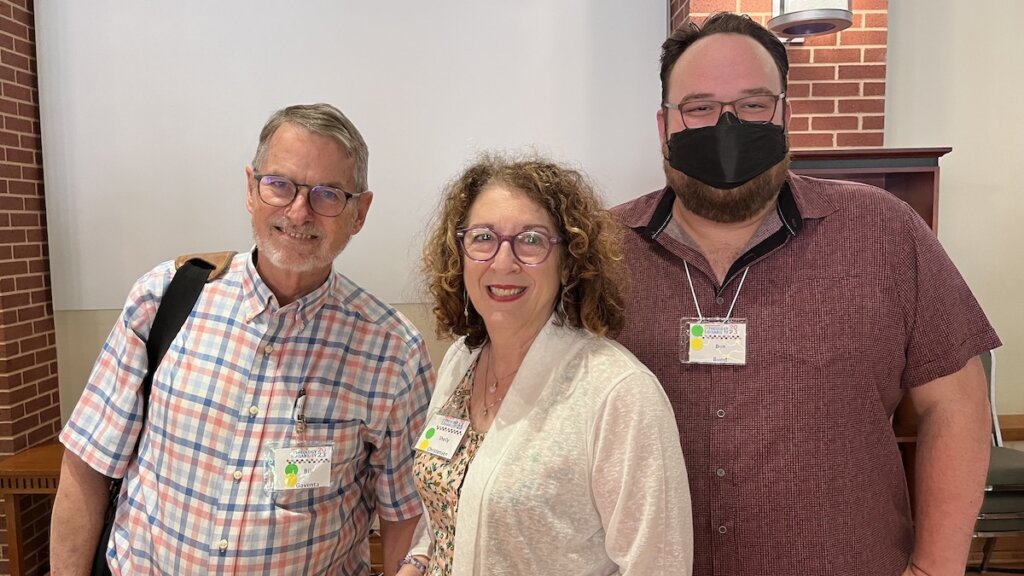 The Faith Inclusion and Belonging Team traveled to Waco, TX to participate in the Institute on Theology and Disability at Truett Seminary at Baylor University at the end of June. Founded in 2010 by RespectAbility board member, Bill Gaventa, the Institute annually gathers theologians, researchers, thought leaders, practitioners, and clergy to learn from each other.
The Faith Inclusion and Belonging Team traveled to Waco, TX to participate in the Institute on Theology and Disability at Truett Seminary at Baylor University at the end of June. Founded in 2010 by RespectAbility board member, Bill Gaventa, the Institute annually gathers theologians, researchers, thought leaders, practitioners, and clergy to learn from each other.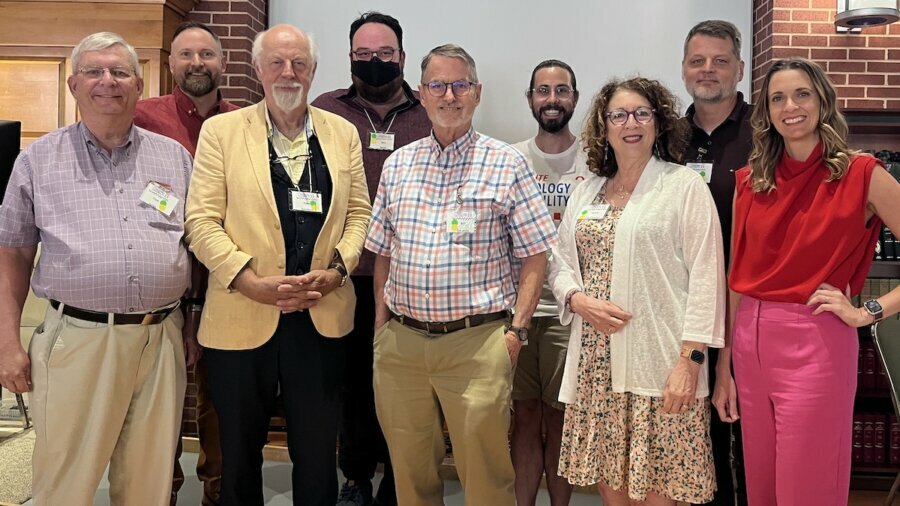
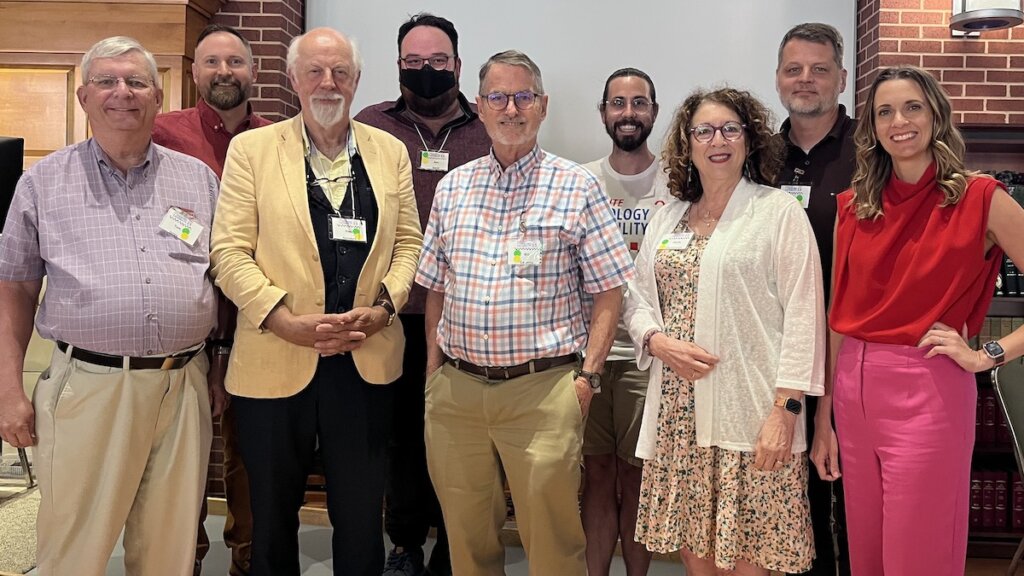 The disability community is built upon mutual flourishing. We know that our survival depends on each of us caring for one another in collective solidarity. As a disabled person I often feel quite lonely in my experience of disability. It can be a solitary endeavor to lie alone in your sick bed for days, weeks, and months at a time. One can be in a room full of people and feel alone trying to squeeze your disability into a box of normativity that helps others feel “comfortable” around you. We try to navigate these challenges the best that we can, but the social and physical isolation is exhausting.
The disability community is built upon mutual flourishing. We know that our survival depends on each of us caring for one another in collective solidarity. As a disabled person I often feel quite lonely in my experience of disability. It can be a solitary endeavor to lie alone in your sick bed for days, weeks, and months at a time. One can be in a room full of people and feel alone trying to squeeze your disability into a box of normativity that helps others feel “comfortable” around you. We try to navigate these challenges the best that we can, but the social and physical isolation is exhausting.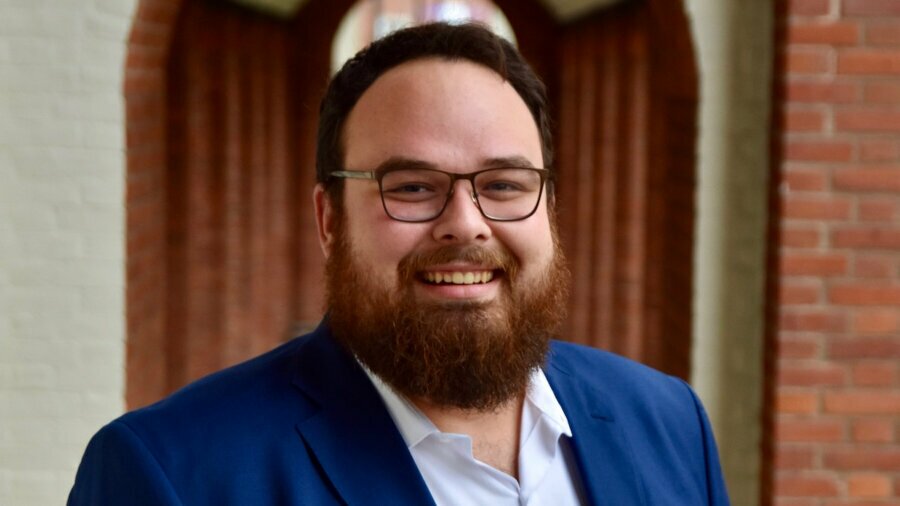
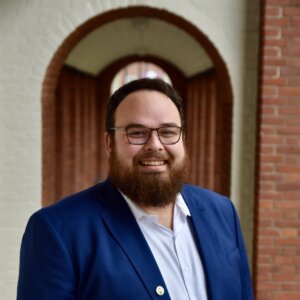 June is Pride Month, a month of profound and unending gratitude for me. I am an openly queer and disabled clergy person. Without the radical dreaming and action from our queer and disabled ancestors, my path would not be possible.
June is Pride Month, a month of profound and unending gratitude for me. I am an openly queer and disabled clergy person. Without the radical dreaming and action from our queer and disabled ancestors, my path would not be possible.